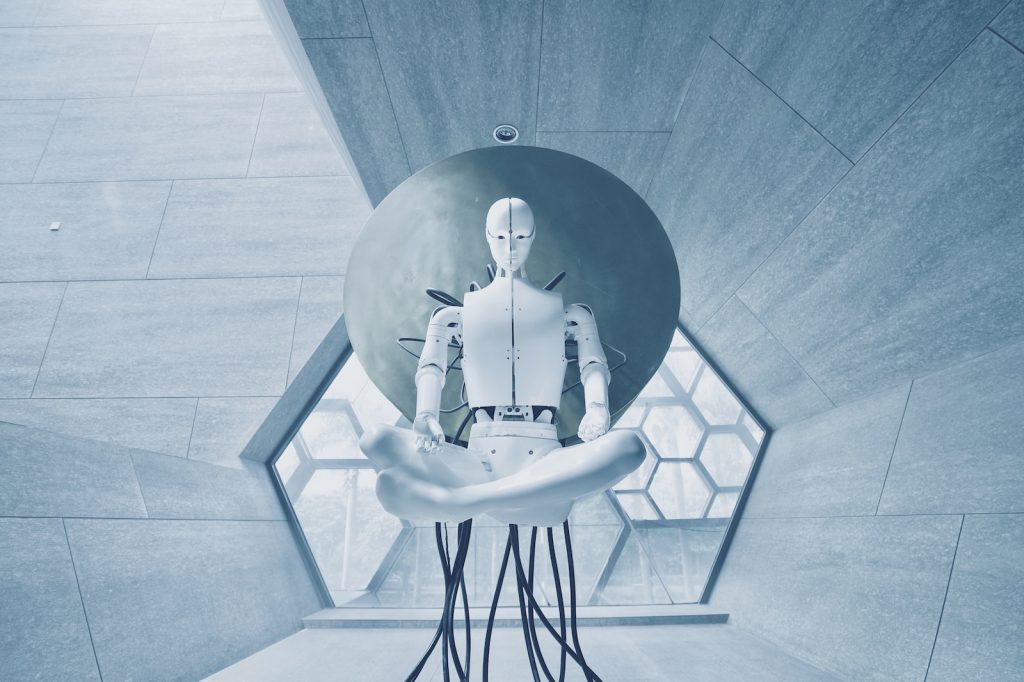A new study from the United Nations says that Artificial Intelligence (AI) is more likely to help jobs than to take them away. This study comes at a time when people are worried about how AI might affect jobs.
In November, a new AI platform called ChatGPT was introduced. It can do complex tasks when people ask it to. This was seen as a big step in technology that could change workplaces a lot.
The UN’s study looked at how platforms like ChatGPT might change the number and quality of jobs. It found that most jobs and industries might only change a bit because of automation. This means that AI like ChatGPT might add to jobs instead of replacing them.

The study says, “The biggest impact of this technology might not be losing jobs but the way jobs change, especially how much work is done and how much control people have.”
The study also said that the effects of technology would be different for different jobs and places. It warned that women might be more affected than men.
The study showed that jobs like clerical work would be affected the most by technology. About a quarter of their tasks could be highly affected, and more than half could be somewhat affected.
For other jobs like managers and technicians, only a small part of their work would be highly affected, while about a quarter could be somewhat affected.
The study found that richer countries would see more effects from automation because many clerical and para-professional jobs are there. In richer countries, 5.5% of jobs could be affected by AI, but only 0.4% in poorer countries.
The study also found that women would be more affected by automation than men. This is because women do a lot of clerical work, especially in richer and middle-income countries.
The study showed that while AI might affect job losses differently in rich and poor countries, the chances of it helping jobs were similar in all countries. This means that with the right plans, AI could bring good things for developing countries.
But the study also said that AI could be used in ways that limit workers’ control or make them work more. So, countries need to make good plans to manage these changes. The study says that the results of these changes are not decided in advance.


